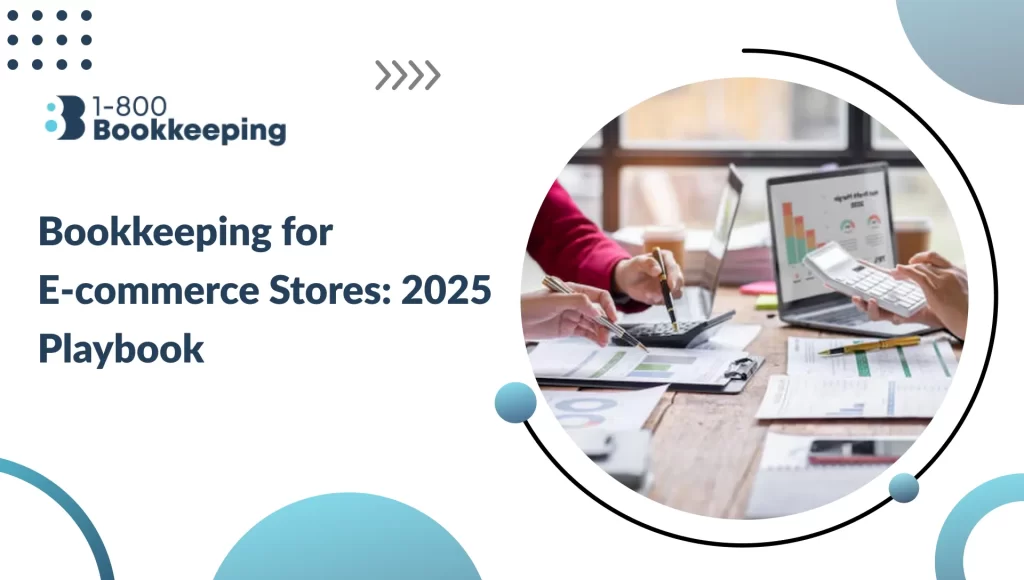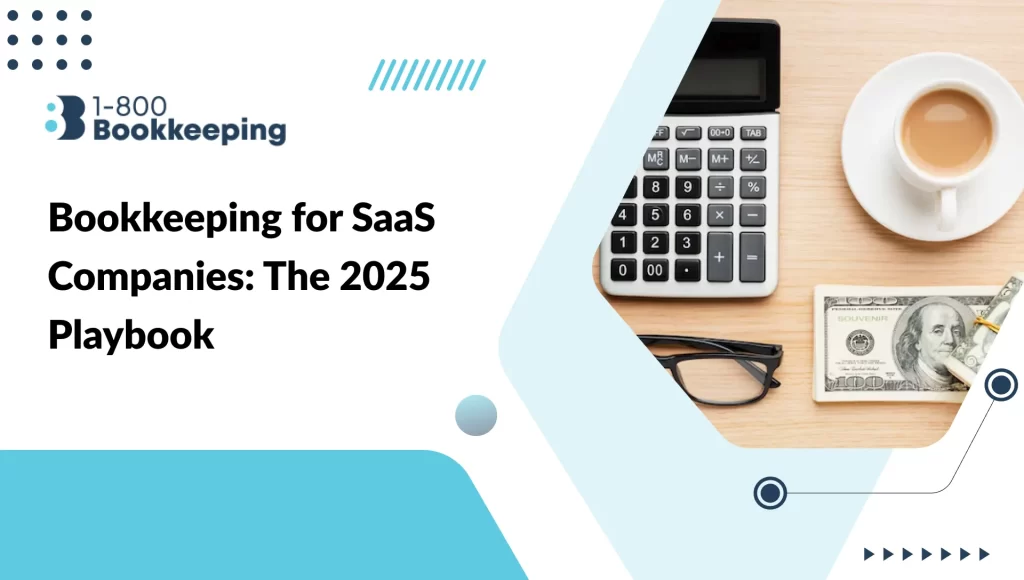Helping Companies Balance the Books and the Planet
In today’s environmentally conscious era, businesses are reevaluating their role in sustainability. Green bookkeeping, a modern approach to accounting, blends financial management with eco-friendly practices. This guide explores strategies that help businesses cut costs, reduce environmental impact, and maintain fiscal responsibility while keeping sustainability at the forefront.
Understanding Green Accounting: A Comprehensive Guide
Green accounting extends traditional bookkeeping by integrating environmental considerations into financial reporting. This innovative approach tracks environmental costs and ensures they are factored into business operations.
What Is Green Accounting?
Green accounting involves calculating expenses linked to resource use, waste management, and carbon emissions. By incorporating these costs, businesses can assess their environmental impact and align their strategies with sustainability goals.
Why It Matters
Green accounting provides transparency, allowing stakeholders to see how a company contributes to or mitigates environmental harm. It’s more than good PR; it’s essential for long-term viability.
The Importance of Sustainability in Financial Reporting
Financial reporting often overlooks environmental costs, but businesses embracing sustainability are changing that.
Aligning with Stakeholder Expectations
Investors, customers, and regulators increasingly demand environmentally responsible operations. Transparent reporting reflects a company’s commitment to these values.
Meeting Regulatory Standards
As governments worldwide tighten environmental regulations, sustainable financial reporting ensures compliance and avoids penalties.
Simplify Sustainability with 1-800 Bookkeeping’s Expertise
At 1-800 Bookkeeping, sustainability, and accurate financial management go hand in hand. Our green bookkeeping services are designed to help businesses like yours embrace eco-friendly practices without compromising efficiency or accuracy.
Streamlined Processes for a Greener Tomorrow
We specialize in digitizing financial records, eliminating the need for paper documents, and adopting cloud-based accounting systems that reduce energy consumption. These practices benefit the planet, save time, cut costs, and enhance data accessibility for your team.
Tailored Solutions for Your Business
Every business is unique, and so are its accounting needs. Our team works closely with you to integrate environmental costs into financial reports, ensuring a comprehensive overview of your operations. Whether you’re looking to reduce waste, track carbon offsets, or align with sustainability regulations, we’ve got you covered.
Empowering Your Sustainability Goals
At 1-800 Bookkeeping, we don’t just handle numbers; we help you make informed decisions that align with your sustainability goals. From identifying cost-saving opportunities to enhancing your brand’s eco-conscious image, our expertise turns green bookkeeping into a competitive advantage.
Ready to see how green bookkeeping can transform your business? Let’s work together to create a financial strategy that works for your bottom line and the environment. Reach out to us today to get started.
Implementing Eco-Friendly Practices in Your Accounting Department
An eco-friendly accounting department sets the tone for broader organizational change.
Go Digital
Switching to digital record-keeping eliminates the need for paper, streamlines processes, and ensures easier data management.
Choose Sustainable Vendors
From office supplies to software providers, select vendors who prioritize eco-conscious practices.
How Digital Transformation Supports Green Bookkeeping
Technology drives the green bookkeeping revolution, offering tools to improve efficiency and sustainability.
Paperless Processes
Digital transformation minimizes the need for physical documents, saves resources, and reduces waste.
Real-Time Monitoring
Cloud-based systems enable real-time financial and environmental data tracking, empowering better decision-making.
Reducing Paper Usage: Steps Toward a Greener Office
Paper is one of the most significant sources of waste in traditional bookkeeping. Small changes can lead to significant results.
Electronic Invoicing and Statements
Switch to e-invoices and digital statements to eliminate paper clutter and mailing costs.
Recycle and Reuse
Recycling programs should be implemented to prevent unavoidable paper use, and scrap paper should be reused for internal tasks.
Leveraging Cloud-Based Accounting for Environmental Benefits
Cloud-based accounting enhances operational efficiency and reduces a company’s carbon footprint.
Centralized Data Storage
By storing data in the cloud, companies reduce the need for on-site servers, lowering energy consumption.
Remote Accessibility
Cloud systems support remote work, reducing commuting emissions and enabling hybrid setups.
The Role of Accountants in Promoting Corporate Sustainability
Accountants are uniquely positioned to drive sustainable practices within organizations.
Educating Leadership
Accountants can educate decision-makers about the financial benefits of sustainability, presenting data-backed cases for eco-friendly investments.
Leading by Example
By adopting green practices in their work, accountants set the standard for the rest of the company.
Integrating Environmental Costs into Financial Statements
Incorporating environmental expenses accurately reflects a company’s true costs and sustainability efforts.
Valuing Natural Resources
Assign monetary value to resources like water and energy to highlight their importance.
Accounting for Waste and Emissions
Include waste management and carbon offset costs in financial reports to showcase responsibility.
Benefits of Green Accounting for Small and Medium Enterprises
Green accounting isn’t just for large corporations; SMEs can gain significant advantages, too.
Cost Savings
Sustainable practices often reduce operational expenses, such as energy savings and lower waste disposal costs.
Enhanced Brand Image
SMEs adopting green bookkeeping appeal to environmentally conscious consumers and stand out in competitive markets.
Conclusion
Green bookkeeping is more than a trend; it’s a commitment to balancing your business’s needs with the planet’s health. By adopting sustainable practices, you’ll reduce costs and gain the trust of eco-conscious customers and stakeholders.
Make meaningful changes today—every small step counts toward a greener tomorrow. Consider consulting with professionals specializing in sustainable accounting strategies for tailored solutions in green bookkeeping.
Feeling Overwhelmed by Bookkeeping? We Can Help.
Running a business is demanding, and keeping track of your finances can be a never-ending chore. Many business owners need help with the complexities of bookkeeping, which can leave them frustrated and behind.
1-800 Bookkeeping offers expert services to streamline your financial processes and empower you to make informed decisions.
Our team of seasoned professionals understands the unique challenges businesses of all sizes face. We can help you:
- Free Up Valuable Time: Offload your bookkeeping tasks to our dedicated professionals.
- Gain Peace of Mind: Ensure your financial records are accurate and up-to-date.
- Make Smarter Decisions: Get actionable insights into your business performance through clear and concise reports.
- Feel Confident: Make informed financial decisions based on reliable data.
Don’t let bookkeeping hold you back from achieving your business goals. Contact 1-800 Bookkeeping today for affordable bookkeeping solutions.
FAQs
1. What is the primary goal of green bookkeeping?
Green bookkeeping aims to incorporate environmental considerations into financial management, balancing profitability with sustainability.
2. How can small businesses adopt green accounting practices?
Small businesses can start by digitizing their records, reducing paper use, and accounting for environmental costs in their financial statements.
3. Are there tax benefits to green bookkeeping?
Yes, many governments offer incentives for sustainable practices, such as tax credits for renewable energy use.
4. What tools support green bookkeeping?
Cloud-based accounting software like QuickBooks Online and Xero streamline processes while promoting eco-friendly practices.
5. How does green accounting impact investors?
Investors favor companies with transparent sustainability practices, as these often indicate long-term profitability and reduced risks.





